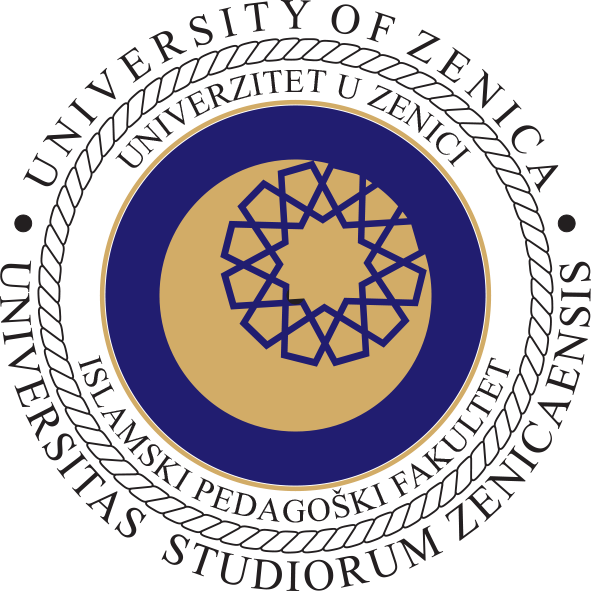Examining high school students’ metaphorical perceptions of the concept of „music lesson“
The aim of this study was to determine and examine students’ metaphorical perceptions of a “music lesson” in different high school grade levels. The research method was designed following a qualitative research approach while a phenomenological design was used. The research study group consisted of 305 high school students selected by a purposeful ...
By Mehmet Mustafa Budak, Zühal Dinç Altun, Yiğit Dorukan DİNÇ, Cüneyt Dursun ÖZÇAĞ
Organizational justice as a determinant of the resilience of academic staff and a higher education institution
The aim of this research was to determine whether organizational justice determines the level of resilience of academic staff as well as the institution, and whether different aspects of organizational justice are related to the resilience of academic staff and the higher education institution. The study included 206 participants, academics from va...
By Aldina Leto, Mirna Marković
The competency passport in facilitating lifelong learning
A shift from a paradigm focused on content and a teacher as a transmitter of that content, to a paradigm focused on learning outcomes or competence, has been conditioned by a change in considering humans as active participants in their own life, for which the efforts of psychology in presenting self-regulation as a mechanism of assuming an active r...
By Eldar Čerim
The review of the book “Bosnian language and communication in teaching practice” by Ismail Palić and Mirela Omerović
...
By Amina Pehlić
Review of five methods used in english language teaching
This paper is a review article providing an overview of five methods of English language teaching: Grammar-Translation Method (GTM), Direct Method, Audiolingual Method, Communicative Language Teaching (CLT), and Task-Based Language Teaching (TBLT). For each method, a brief historical background is provided, followed by the aims, principles, techniq...
By Melisa Bureković, Edina Rizvić-Eminović, Melisa Pilav
The hanafi approach to the clear (wāḍiḥ) words of the legislative text (mufesser and muḥkem)
This paper elaborates on how the scholars of the Hanafi School of Law theoretically considered mufesser and muḥkem. Mufesser and muḥkem represent two out of four categories (ẓāhir, naṣṣ, mufassar and muḥkem) in the categorization of the clear meaning of the legislative text (wāḍiḥ) in the Hanafi school. Naming examples, the paper analyses the use o...
By Šukrija Ramić
The review of the book “About human pedagogy – from man as a learning being to a learning society” by Muja Slatina
...
By Amina Odobašić, Izet Pehlić
Uzrit motifs of love and love longing in Bosniak and Serbian romanticists
Created in the 7th century, Uzrit love poetry or desert love poetry is inspired by love. It is named after the tribe to which poet Džemil (Ğamīl), one of the most famous love poets, belonged. In these poems, a lover spends his whole life in longing and absence, yearning for his beloved one. At the end of the 19th and the beginning of the 20th centu...
By Semir Rebronja
Uncertainty in contracts from the perspective of islamic law – contemporary implications
A few Quranic verses implicitly prohibit uncertainty in contracts, while hadith texts explicitly prohibit it. The analysis of primary sources of Islamic law and the views of eminent scholars show that uncertainty in contracts is tolerated in situations where there is a need for the contract and where the potential harm from the risks and uncertaint...
By Hakija Kanurić
The quality of school life as a factor in the prevention of peer violence among students
Based on insights from earlier research, it was found that the quality of school life can be a factor in the prevention of peer violence among students, which was the basis for the selection of this research problem. The aim of this study was to examine the attitudes of elementary and high school students about the quality of school life and to est...
By Ermin Vučkić, Izet Pehlić



